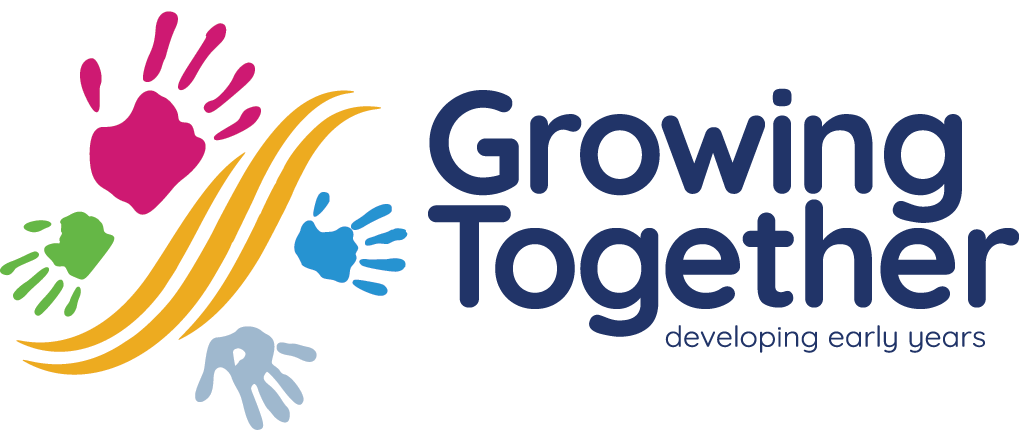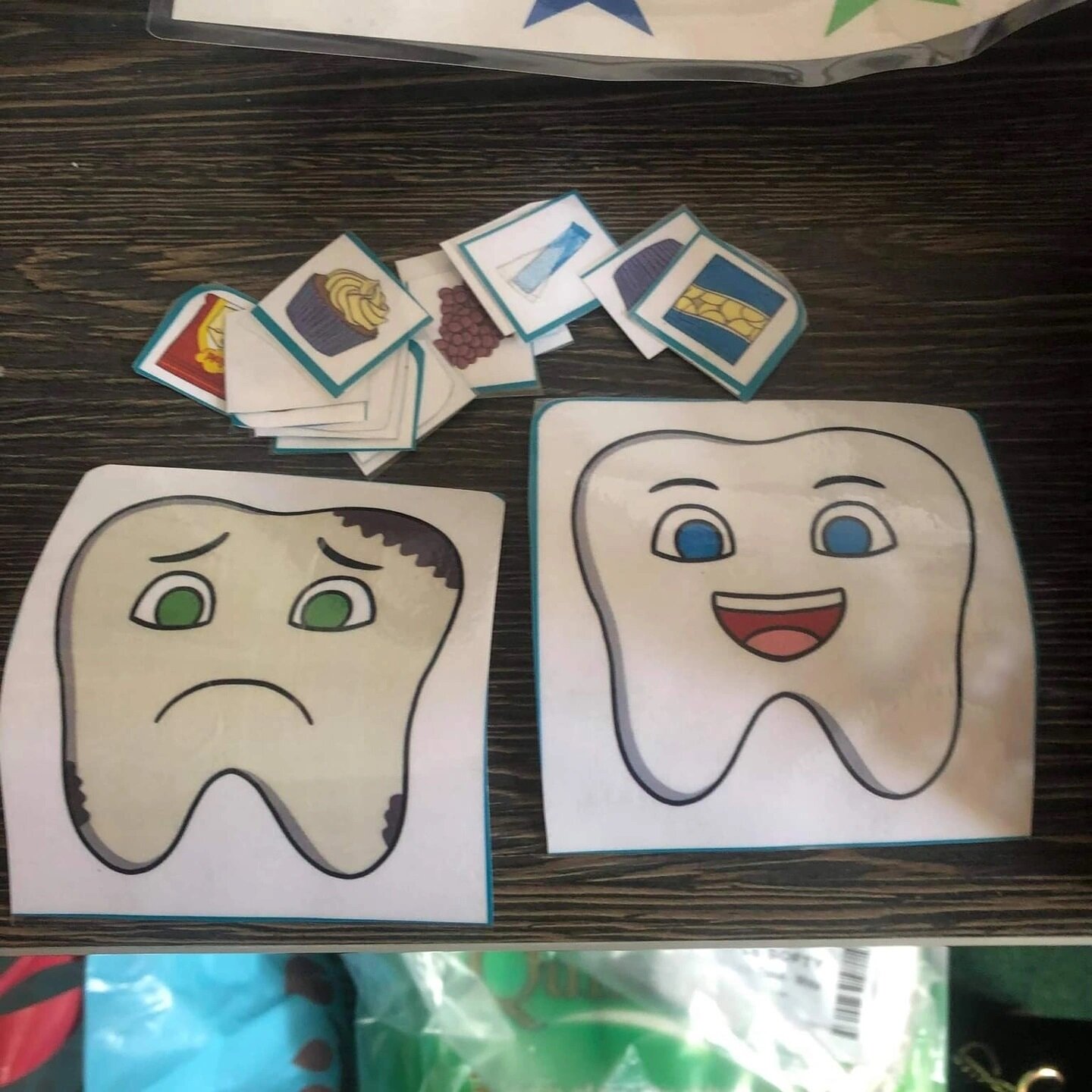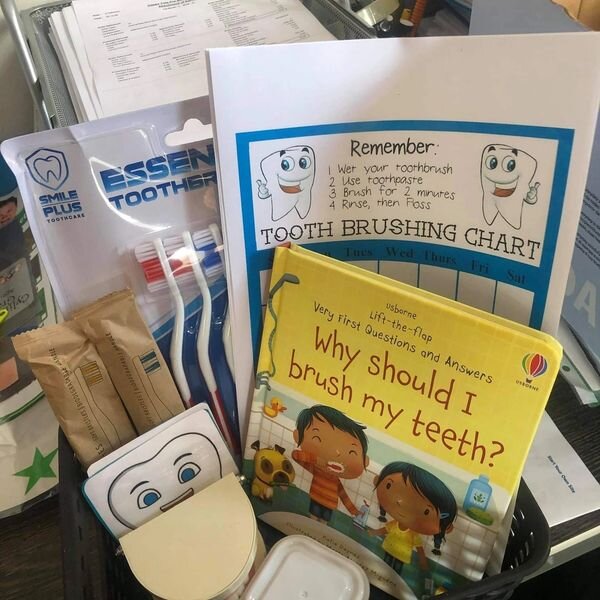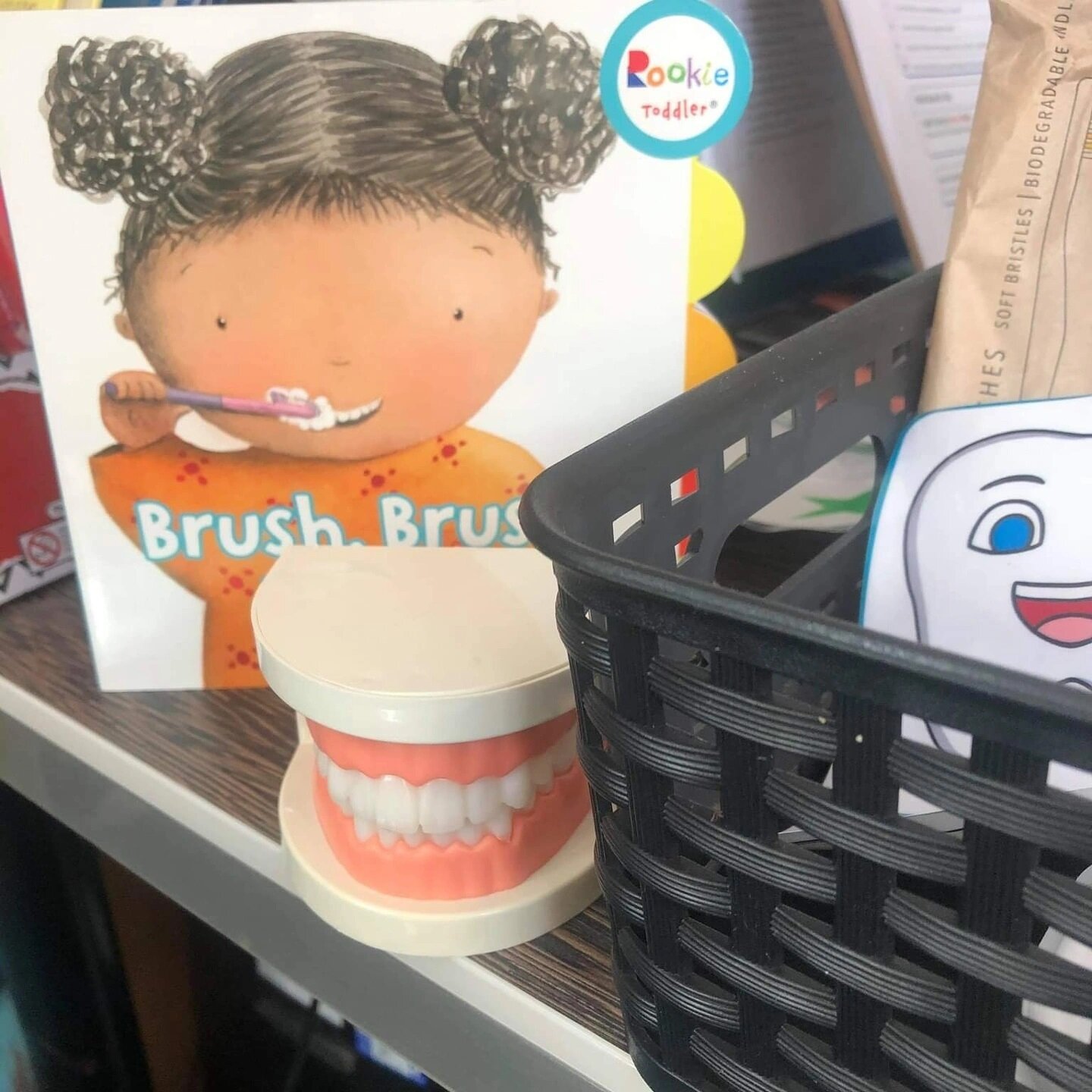Promoting Good Oral Health in the Early Years
September 2021 brought with it the introduction of the New Revised Framework in the Early Years. This has included a new requirement to the safeguarding and welfare requirements to promote good oral health of children. This does not mean overnight we are expected to become dentists or that we should be checking children’s teeth, however there are many ways that we can support children’s oral health.
September 2021 brought with it the introduction of the New Revised Framework in the Early Years. This has included a new requirement to the safeguarding and welfare requirements to promote good oral health of children. This does not mean overnight we are expected to become dentists or that we should be checking children’s teeth, however there are many ways that we can support children’s oral health.
Currently with the UK tooth decay in children costs the NHS (National Health Service) over £40 million a year (Guardian, 2020). This has become a huge burden on the NHS, but also, we can see a growing inequality amongst children from different social economic backgrounds. For example, The Child Dental Health Survey (2013) discovered:
“Children in more deprived areas have higher levels of tooth decay and are less likely to brush their teeth at least twice daily.”
Therefore, some settings, especially those in more deprived areas are deciding to opt into a supervised toothbrushing scheme. However, the introduction of promoting good oral health, does not mean it is compulsory for early years settings to participate in supervised toothbrushing. When considering whether you are or are not going to participate in supervised toothbrushing, I think it is important to reflect on the following questions:
· What would be your intention behind doing supervised toothbrushing?
· Do the sessions that your setting offer, fit in with being able to offer the toothbrushing scheme? (For example, 9-12 or 9-3 settings may struggle with this).
· How would you practically implement the supervised toothbrushing scheme?
· What would be the desired impact of children within your setting participating in the supervised toothbrushing scheme?
If as a setting you do decide to participate in a supervised toothbrushing scheme you can find guidance here on supervised toothbrushing in covid-19. You can also find PHE (Public Health England) guidance – Improving Oral Health: a toolkit to support commissioning of supervised toothbrushing programmes in the early years and schools’ settings by clicking here.
An image of the oral health home learning basket created by Lisa Brown at Happy tots Preschool in Ipswich.
Supervised toothbrushing is not the only way as early years practitioners that we can promote oral health for our children. Parental engagement and support are going to be so important as we get the messages out about good oral health. Through things such as the picture above where we have a home learning basket on the subject, story sacks, leaflets or activities sent home. To parent workshops focusing on good oral health and nutritional diets.
As early years settings we also have a responsibility to promote healthy eating and choices with children and one of the ways that we do this is through offering children a balanced diet that meets their nutritional needs. There is a very useful document that you can find here, with example menus for early years settings to ensure that we are providing a balanced diet for those children in our care.
Finally, we can use our curriculum (what we want children to learn), to help support children’s understanding of oral health from a young age. From providing specific activities, experiences and extending children’s cultural capital. Keep your eyes posted for our next blog where we discuss specific activities, ideas and provocations for promoting oral health with young children.




